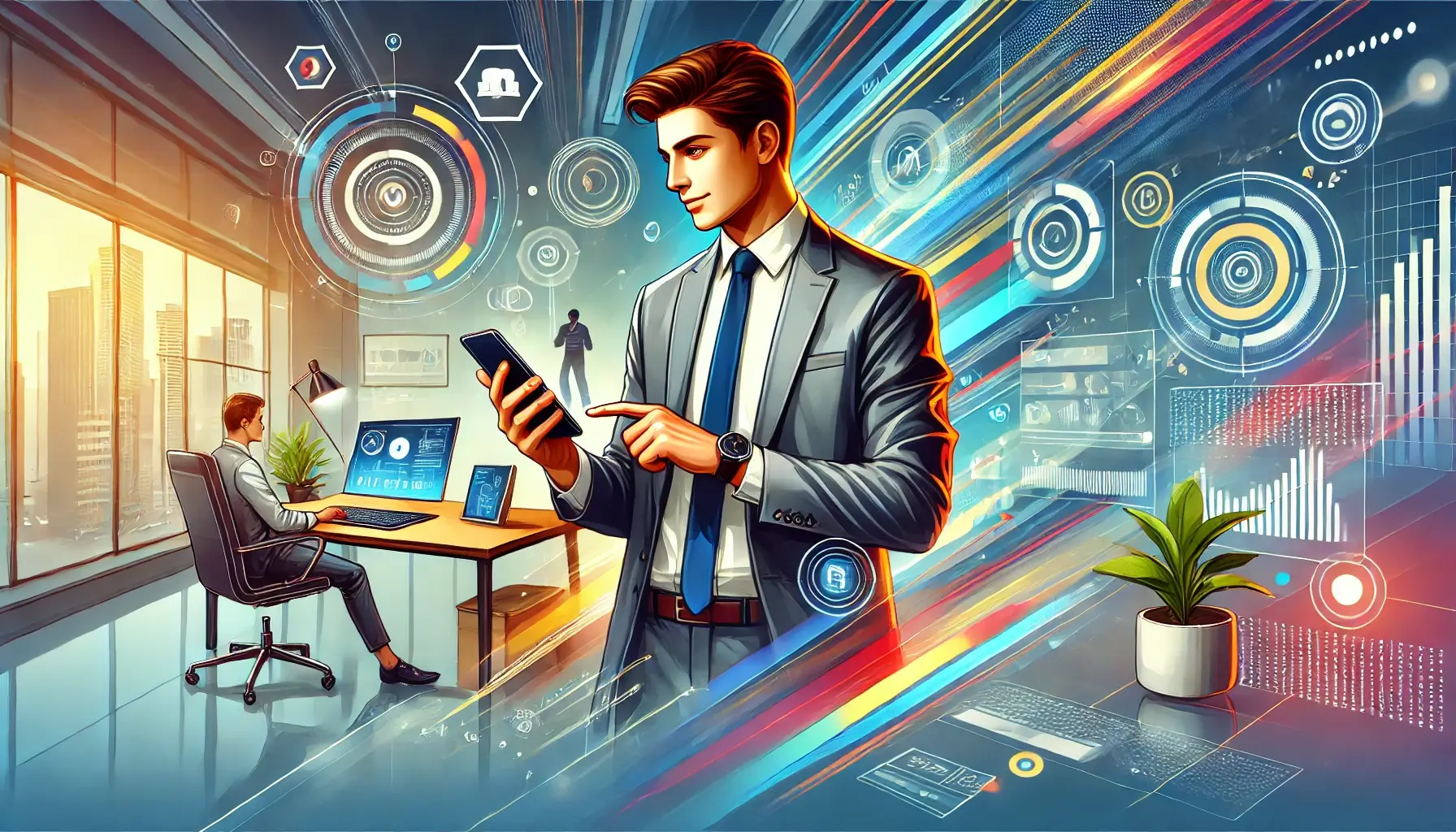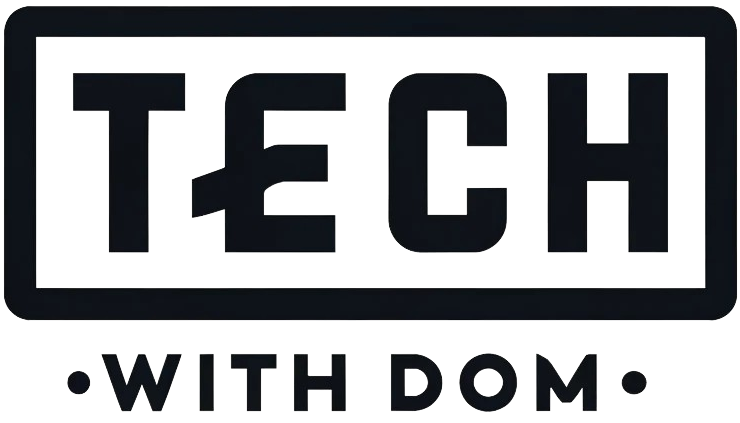5 Lessons I Learned About Technology Working in IT

Some may surprise you!
It’s no secret that I work in the tech industry as an IT engineer and that I have a passion for technology. Whether that labels me as a “tech geek” or an “IT nerd”, I wear those badges with pride.
I love exploring new gadgets, diving into complex systems and solving tech problems. Working in IT has given me the chance to do all of this and more.
But the tech world isn’t always a smooth ride. Far from it, in fact.
Here are 5 lessons I’ve learned about technology through my career in IT, combined with my experience of working in a tech store.
Lesson 1: You Can’t Call It a Backup Until You Have at Least 3 Copies!
I can’t stress enough how crucial it is to have multiple backups of your files. Whether it’s photos, documents or any other file, it should be backed up.
I can’t count the number of times I had to tell someone that I couldn’t recover their files, or in some cases, my files. We’re all human, and we make mistakes, it’s a part of life.
The truth of the matter is that no matter how much money you’ve spent on that top-of-the-range phone or laptop, tech can go wrong at any time. That is why backing up your files is crucial.
In the tech world, there is a golden rule which I follow, that rule is called the “3-2-1” backup rule. It involves having three copies of your data, with the first copy being your production copy or the copy that you’re working on. I then recommend having the second copy on an external hard drive and the third copy in the cloud.
If you are already storing your data in the cloud, I still recommend following this method if you lose access to your account, and I have seen that happen before. If you are storing your production data in the cloud, I recommend using a different cloud provider as your 3rd backup option.
Google Drive offers a generous 15 GB free and Mega offers 20 GB free (Not sponsored by either of these providers).
Lesson 2: Security is Everyone’s Responsibility
I know that strong passwords and 2-factor authentication can be annoying, but they are crucial for securing your online accounts.
I always recommend setting strong passwords and enabling 2-factor authentication where available.
Many people think that it won’t happen to them, but it does happen, accounts get hacked and setting strong passwords and enabling 2-factor authentication improves the security of your account.
With that in mind, security is everyone’s responsibility whether we’re talking about the corporate world or your everyday life.
The website you use to log in to your online account needs to be secure, similar to the password you have set on your account.
As someone who commutes by train weekly, I see all sorts of things. But one of my biggest pet peeves is people leaving their laptops logged in on the tray tables, then walking away from it, leaving the laptop logged in. I see it on the trains, I see it in cafés and other public spaces.
It takes a second for someone to steal that laptop or to plug in a dodgy flash drive which will fill it with malware or upload sensitive data to it. Please don’t, just because there are other people around, or you are close, doesn’t mean that someone won’t try something.
Lesson 3: You don’t need expensive tech
When it comes to the Android vs Apple argument, I don’t take sides. Android is a fantastic operating system and Apple manufactures some great products.
But, based on my experience of working in IT and previously in a tech store, I noticed that people don’t see it that way.
In many cases, I see people think that Apple is superior, and I am under the impression that it’s because they associate the brand with luxury and fashion.
However, that doesn’t always have to be the case. In many instances, you can find significantly cheaper products that perform just as well as their more expensive counterparts. I am not talking about the Android vs Apple debate, I’m talking about tech in general.
A £5 keyboard will do the same job as a £100 keyboard, budget headphones still play sound, and a budget phone can still take photos and make phone calls. I am fully aware that the quality may be different, but sometimes, you may be surprised.
As someone who reviews tech, I test budget and expensive products and I can’t count the number of times budget-friendly earbuds have surprised me with the features they come with and their excellent sound quality. I’m looking at your Soundpeats (Not sponsored).
Lesson 4: Turning it off and on again actually works!
In my time working in tech, I’ve dealt with countless complex issues that were resolved by simply turning the device off and on again.
It may sound like a joke from the IT Crowd, but the truth of the matter is that it simply works. Furthermore, whenever I ask people whether they turned it off and on again, they think I’m joking, but in reality it solves many issues.
Whether your computer is behaving slowly or your TV is freezing, these issues can be solved with a simple reboot.
I’ve experienced many cases in industry where a reboot solved complicated issues, from printers crashing the print server to AV systems not working correctly.
This experience solidified the value of turning it off and on again in my troubleshooting toolkit. I find it to be a quick and easy fix that eliminates downtime.
Lesson 5: Not everyone has the same priorities
As a tech enthusiast, I’m always excited about the latest and greatest tech innovation. I love exploring new gadgets, testing new apps, and just trying out new things.
However, I’ve learned that this enthusiasm isn’t shared by everyone. For some, having the latest smartphone is a must, but for others it’s simply not a priority and can be considered an annoyance.
I remember helping a customer who was perfectly happy with using a much older laptop which I saw as outdated, slow and unsupported by Microsoft. But to him, it was a reliable tool that not only enabled him to write a book but also suited his needs perfectly.
This and many other experiences taught me that people value technology differently based on their personal and professional requirements. Some prioritise the latest and greatest tech, while others focus on functionality and personal needs.
I tend to be in the middle, while I appreciate the latest and greatest tech, I don’t always get the latest and greatest. As an example, my current phone is the iPhone 14 Pro Max, and I’m perfectly happy with it.
Final Thoughts
In my journey in tech, I’ve learned many invaluable lessons that have shaped my approach to technology and problem-solving. Furthermore, I’ve worked with tech in many industries and met many fascinating people.
From the importance of having multiple backups to being able to understand people and their needs, these experiences have helped me throughout my career and in problem-solving some of the most complicated issues.
These lessons are not just about improving technical skills but also about appreciating the diverse ways people use technology. No matter who you are and the brands you prefer, we all have our preferences. That is why I’m not too fond of the Android vs Apple argument.
Discover more from TECH WITH DOM
Subscribe to get the latest posts sent to your email.
